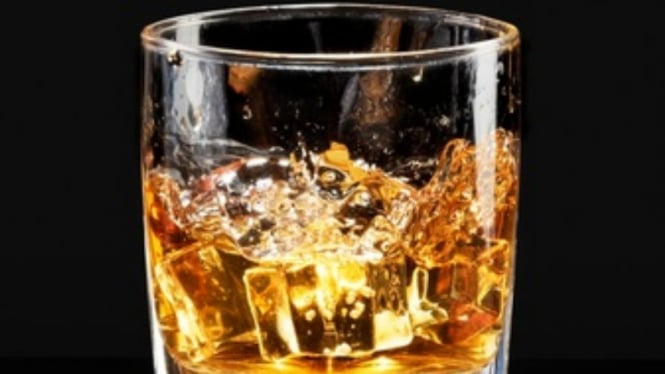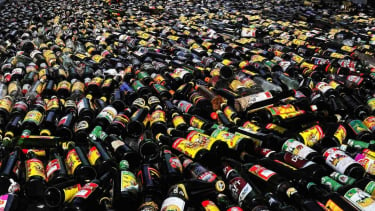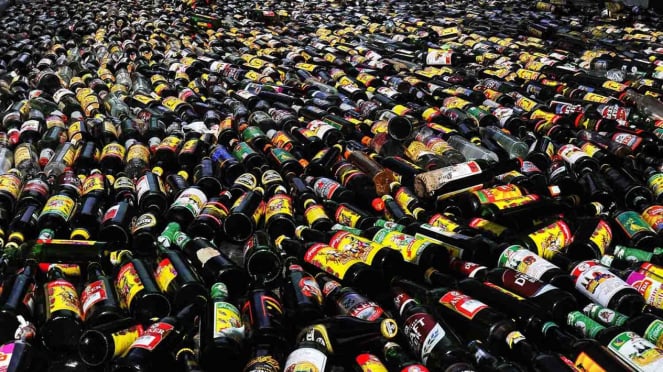WHO Calls Government to Increase Taxes on Alcohol, Sugary Drinks
- Freepik/rawpixel.com
Jakarta – Alcohol has become a global 'problem'. While it almost legal in all countries of the world, it's also one of the causes of a large several crimes.
With this, the World Health Organization (WHO) is calling on governments around the world to raise taxes on alcohol and sugar-sweetened beverages (SSBs).
After studying tax rates, the WHO said that it believes the global average tax rate on "unhealthy products" is too low, while items like wine are fully exempt from tax in some European countries.
Ilustrasi minuman keras (miras)
- ANTARA FOTO/Asep Fathulrahman
According to the WHO, 2.6 million people die from drinking alcohol and 8 million people die from unhealthy diets every year.
The UN health agency said that higher taxes would help reduce consumption of these products and incentivize companies to make healthier products.
"Taxing unhealthy products will create a healthier population. This has positive effects across society, reducing illness and frailty, as well as revenue for governments to provide public services," said Rüdiger Krech, WHO director of health promotion on Wednesday.
"In the case of alcohol, taxes also help prevent traffic violence and injuries," WHO continued.
Moreover, WHO said that while 108 of its 194 member states have imposed taxes on SSBs, the average rate is only 6.6% of the price of a soda. Half of those countries, according to WHO, also tax drinking water, which the UN agency does not recommend.
The WHO remarked that minimum prices and taxes can limit consumption of cheap alcohol and reduce hospitalizations, deaths, addiction, traffic violations and other alcohol-related crimes.
"Numerous studies have shown that frequent binge drinkers tend to drink the cheapest alcohol. However, wine is exempt from excise taxes in at least 22 countries, most of which are in the European region,” the WHO conveyed.
Globally, the average tax on the price of the most sold beer brands is 17.2%, while for the most sold spirits brands it is 26.5%, according to the WHO report.
While the drinks industry often cites that alcohol taxes have the most severe impact on the poorest communities, WHO argues that this view ignores the "disproportionate loss per liter for alcohol consumers in low socioeconomic groups."
"A pressing concern is that alcoholic beverages have, over time, consistently become more affordable. However, this increased affordability can be countered by well-designed alcohol pricing and tax policies," said WHO Assistant Director-General Ailan Li.



























